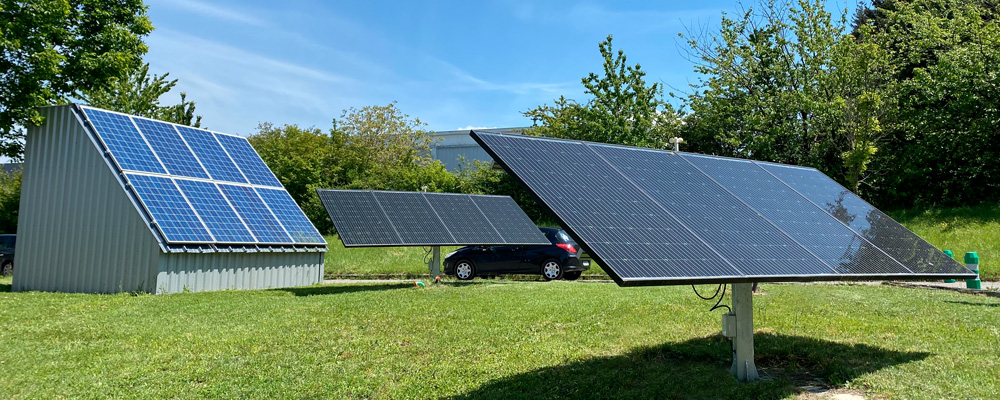Accueil » WP10: Second-life batteries for self-consumption

Lithium-ion batteries are widely used in electric vehicles. However, it is no longer possible to use them for mobility when their performance decreases.We propose to study the reuse of batteries from electric vehicles for a second life in stationary storage. Modelling will be carried out to qualify the batteries and gain a better understanding of their state of health (SOH). Active cell balancing will be proposed to increase storage life for self-consumption.
Particular attention will be paid to accurately determining the state of charge (SOC) of batteries using intelligent algorithms and state of health (SOH) estimation.
Simulation tests and case studies will help determine whether it is more appropriate to reuse end-of-life batteries in stationary storage, or to recycle the materials. Best practices based on used battery scenarios from the three countries will be proposed for intelligent self-consumption. The aim will be to highlight the advantages and disadvantages of reusing second life batteries, and propose models for making the most of the ecological, technological and economic benefits.
It is important to balance the charges of the cells inside used batteries to increase their lifespan. To give used batteries the longest possible second life, it’s important to actively balance the different cells. Healthy cells help weaker ones.
As an extension of active cell balancing, this task will develop concepts for dynamically reconfiguring the series and parallel connection of cells or groups of cells to dynamically distribute charge and power, to adapt the battery terminal voltage and even to isolate and bypass faulty cells.
The results of the studies and the solutions proposed above will be tested, both in simulation and in real-life situations in the three countries. The project’s partner companies will be involved in selecting scenarios that can be directly transposed into real-life situations, considering societal surveys of user acceptability.
The following actions are expected:
This WP interacts with all other WPs.
An algorithmic innovation is planned to improve the real-time implementation of intelligent solutions.

Université de Haute-Alsace
2 Rue des Frères Lumière,
68100 Mulhouse
Copyright © 2024-2025 IRIMAS Institute | Université de Haute-Alsace